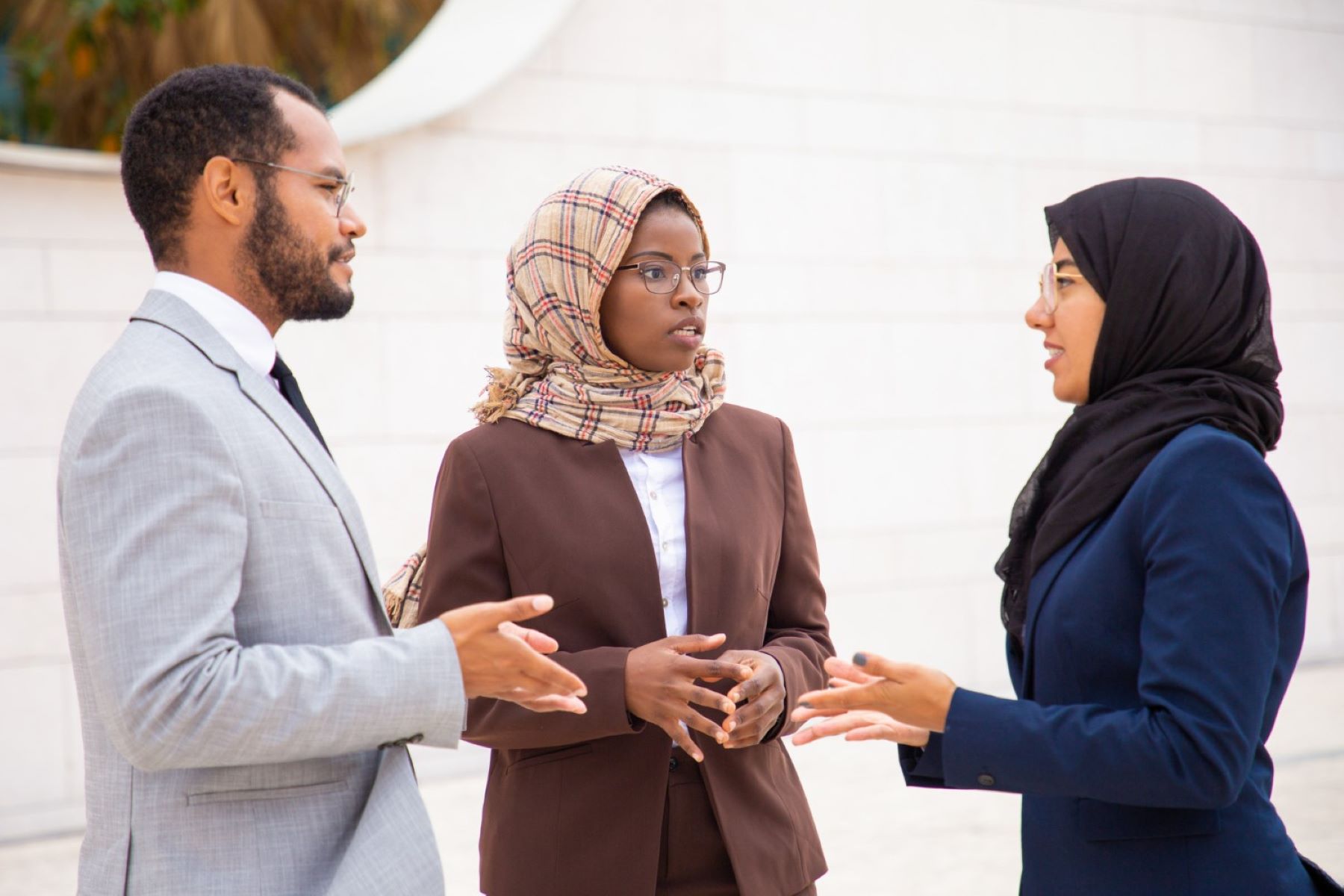Arabic Slang Words That Will Make You Blend Right In

Traveling to an Arabic-speaking country soon? Want to sound like a local? Learning a few Arabic slang words can help you blend right in. Whether you're chatting with new friends, haggling at a market, or just trying to understand street conversations, knowing some slang can make your experience much richer. From greetings to expressions of surprise, these words will give you a taste of everyday life. Plus, locals will appreciate your effort to speak their language. Ready to dive into the world of Arabic slang? Let's get started and make your trip even more memorable!
Why Learn Arabic Slang?
Learning Arabic slang can help you connect with locals on a deeper level. It shows respect for their culture and makes interactions more fun. Here are some must-know phrases to get you started.
Common Arabic Slang Words
These words are used across various Arabic-speaking countries. They can help you sound more like a local.
- Yalla – This means "let's go" or "hurry up." It's a versatile word used in many situations.
- Habibi/Habibti – These terms mean "my dear" or "my love." Use "habibi" for males and "habibti" for females.
- Inshallah – This phrase means "God willing." It's often used to express hope for the future.
- Wallah – This means "I swear to God." It's used to emphasize the truth of a statement.
- Shukran – This simply means "thank you." It's a polite word to use in any situation.
Slang for Greetings and Goodbyes
Knowing how to greet someone or say goodbye in slang can make you seem more approachable.
- Salam – This is a casual way to say "hello" or "peace."
- Ma'a as-salama – This means "go with peace" and is a common way to say goodbye.
- Ahlan – Use this to say "hi" in a friendly manner.
- Yalla bye – A mix of Arabic and English, this means "let's go, bye."
Slang for Expressing Emotions
Expressing emotions in slang can make conversations more lively and relatable.
- Mabsout – This means "happy" or "content."
- Zaalan – Use this word to say you're "upset" or "angry."
- Mish ma'oul – This translates to "unbelievable" and is used to express surprise.
- Ya haram – This means "oh, poor thing" and is used to show sympathy.
Slang for Everyday Conversations
These phrases can help you navigate daily life more smoothly.
- Kifak/Kifik – This means "how are you?" Use "kifak" for males and "kifik" for females.
- Shoo – This simply means "what?" and is used in casual conversations.
- Tayyeb – This word means "okay" or "alright."
- Ma fi mushkila – This means "no problem" and is useful in many situations.
Slang for Food and Drink
Talking about food and drink is a big part of any culture. These words will help you fit right in.
- Sahtein – This means "double health" and is said before eating, similar to "bon appétit."
- Khubz – This is the word for "bread," a staple in many Arabic meals.
- Shai – This means "tea," a popular drink in Arabic cultures.
- Qahwa – This is the word for "coffee," another beloved beverage.
Slang for Compliments and Flattery
Compliments can go a long way in making friends and building relationships.
- Jameel/Jameela – This means "beautiful." Use "jameel" for males and "jameela" for females.
- Shater/Shatra – This means "smart" or "clever." Use "shater" for males and "shatra" for females.
- Mumtaz – This means "excellent" or "amazing."
Slang for Social Media
Even on social media, using slang can make your posts more engaging.
- LOL – Just like in English, this means "laugh out loud."
- OMG – This stands for "oh my God" and is used to express surprise.
- BRB – This means "be right back," useful for quick breaks during chats.
Slang for Street Talk
Street talk can make you sound more like a local and less like a tourist.
- Shabab – This means "guys" or "youth" and is often used to refer to a group of friends.
- Floos – This means "money," a handy word to know when shopping or bargaining.
- Haram – This means "forbidden" and is often used to describe something that's not allowed.
Mastering Arabic Slang
Learning Arabic slang can make your travels more enjoyable. It helps you connect with locals, understand jokes, and feel more at home. Phrases like "Yalla" for "let's go" or "Shukran" for "thank you" are easy to pick up and use daily. Using slang shows respect for the culture and can open doors to new friendships. Practice these words and phrases whenever you can. Listen to how locals use them and try to mimic their pronunciation. Don't worry about making mistakes; people appreciate the effort. The more you practice, the more natural it will feel. Soon, you'll find yourself blending in and enjoying richer experiences. So, grab a notebook, jot down some of these terms, and get ready to impress. Happy travels!

